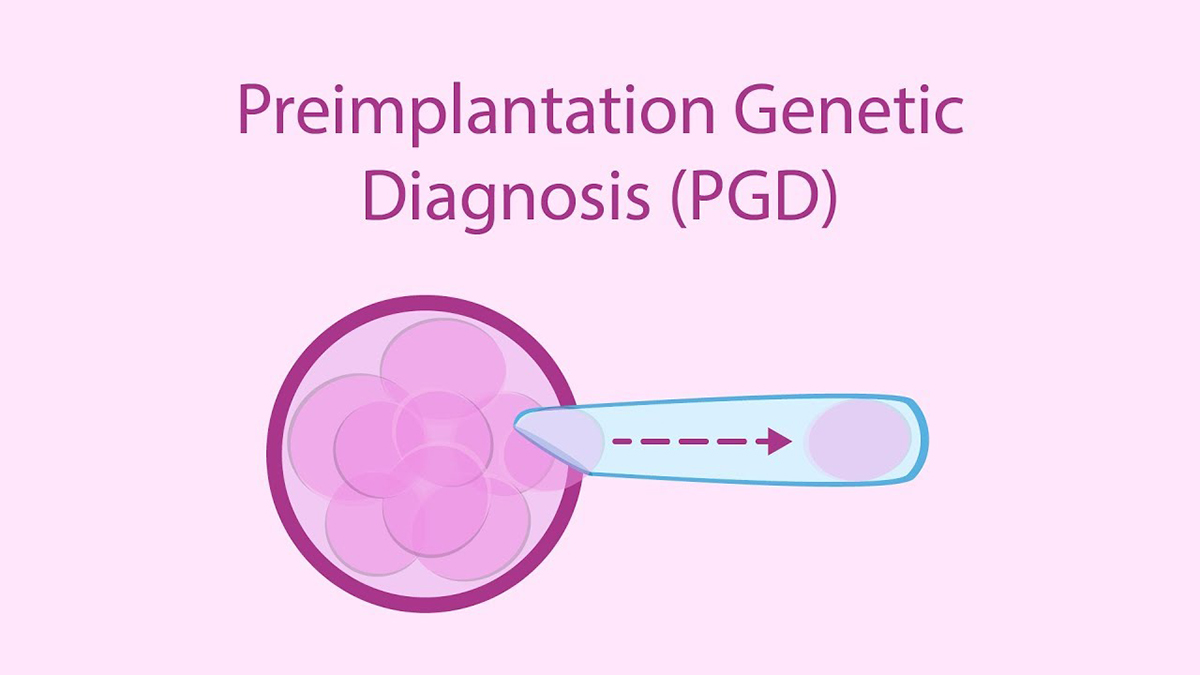
PGD – For Chromosomal Disorders
PGD test is applied for two separate groups. These are chromosomal disorders and single gene diseases. In this section, we will consider the PGD test for chromosomal diseases.
What is PGD for Chromosomal Diseases?
What is Preimplantation Genetic Diagnosis? PGD, or preimplantation genetic diagnosis, was used for the first time in the world in 1989 in England by applying the PCR method to distinguish an inherited disease. Embryos obtained under laboratory conditions are subjected to genetic tests with PGD before transfer to the uterus. In short, we can say that the embryo selection method is done by genetic screening in the embryo.
Why is the PGD Test Applied?
If the mother has a healthy egg and the father has a healthy sperm, a healthy embryo is formed. The resulting embryo has a total of 46 (23 pairs) chromosomes, half from the mother and half from the father. Sometimes, there may be genetic disease, DNA damage, negative factors arising from nutrition or lifestyle in the mother and father. If these factors are present, the risk of numerical or structural chromosomal disorders in embryos increases.
Most embryos with chromosomal abnormalities complete or stop developing. Some embryos that manage to attach to the uterus end in miscarriage. In a few of them, diseases such as Down syndrome and Turner syndrome, which are known in the society, are observed when they are born.
The risk of miscarriage also decreased in those who had genetic research in IVF, that is, PGD. In addition, the success rate of IVF treatment has also increased. Because embryos and healthy embryos in the risk group are determined by PGD.
Who is the PGD Test Applied to?
PGD test is applied in couples with a high risk of creating embryos with chromosomal anomalies.
- Recurrent miscarriages,
- Repeated unsuccessful IVF attempts,
- Expectant mother between the ages of 42-45,
- Severe male infertility,
- Carrier of genetic diseases in the mother-father candidate,
- It is a test applied to couples who have a pregnancy history with chromosomal anomaly.
How is PGD Test Done?
Cells are taken by biopsy on the 3rd or 5th day of embryonic development. Genetic examination is performed by applying some techniques to the cells taken. Especially if 46 chromosome screening will be performed on embryos, embryos are frozen after biopsy. If the values are normal after genetic examination, it is transferred to the uterus by making the necessary preparations.
Genetically normal pregnancies are obtained with the PGD test.
What is the PGD Test Price?
PGD prices is 1250$ our clinic. You can call +90(530) 4618550 (by whatsapp) to get information about treatment.
